Call me old fashioned or set in my ways or something, but I got used to the courtrooms run by Orange County judges Stan Strickland and Belvin Perry, Jr. By that, I mean, when we went to the Casey Anthony hearings, chances were good that the honorables would have been inclined to rule on new motions — ones presented that day — at a later date, giving the prosecution and defense (and us) time to ingest and digest the gist of what had just been presented. In other words, the judges routinely gave the opposing side an opportunity to work up a legal response to be argued at a subsequent hearing.
Don’t get me wrong. In no way am I questioning the manner in which Seminole County judge Kenneth R. Lester, Jr. (yes, another junior) runs his courtroom. As a matter of fact, I sensed from the start that this was a no nonsense judge; one who knows the law and how to interpret and implement it. Fair and firm… that’s what I’d call him. Balanced, too, but while attending the hearing last Friday, I never expected to hear a motion that had been filed a mere two hours earlier, followed by an immediate decision from the judge. Where did that come from, and why didn’t Mark O’Mara, George Zimmerman’s lead defense attorney, protest? Well, there’s more to the story, but first, the matter at hand. While the ending may have shocked us, it wasn’t the reason why we were there to begin with.
The hearing was to argue for and against releasing information pursuant to Florida’s rules of discovery, otherwise known as the Sunshine Law. The state said that the names of witnesses should be kept out of public view for their own protection. The defense agreed, and added that things should be kept at a slow pace for now. There’s no reason to release the information at the moment because there are a lot of people to interview further. This will take time.
The media wants everything made public because that’s the law, argued Orlando Sentinel attorney Rachel Fugate in response, and, eventually, the names will be made public anyway. Why not now? So far, she said, the state and defense haven’t shown good cause why any information should remain behind closed doors, and to be honest, it all depends on which way you look at things. Here, the crux of the matter goes well beyond protecting innocent witnesses, unlike the Casey Anthony case, which she compared it to. Casey never admitted that she killed anyone. George did, and that’s part of the problem, aside from race and outrage being major factors. Most of the public agreed with the prosecution in State v. Casey Anthony. Here, it’s deeply split.
Aside from race, the state contends that George Zimmerman’s statements to investigators add up to a confession, and because of that, they are exempt from disclosure. Of course, the defense disagrees. Yes, the defendant admitted he shot and killed the victim, but it was not a murder. It was in self-defense.
Judge Lester called it a matter of what’s inculpatory and what’s exculpatory. One says it’s a fish; the other says it’s a fowl, he added. Inculpatory is evidence that can establish a defendant’s guilt, while exculpatory is evidence that tends to clear a defendant of guilt.
In the end, the judge decided to follow the law and release the discovery documents, but not without poring over them, piecemeal, in camera, and redacted, which means he will most likely censor some of what’s released, like in the first document dump. And just like Judge Perry, Judge Lester reminded the attorneys that this will be no trial by ambush! What you see is what you get.
Incidentally, defense attorney Mark O’Mara said he expects to see a new round of discovery by Monday or Tuesday, so keep your eyes open, folks.
§
When Judge Lester abruptly revoked George Zimmerman’s bond on Friday, it caught me off guard. Like I said at the beginning of this post, I pretty much thought the court would allow time for the defense to prepare. After all, the motion was filed that morning. But I missed something along the way.
At the April 27 hearing to discuss the motions filed by media attorneys, O’Mara stated that his client had misinformed the court about his financial standing at the bond hearing held a week earlier, on April 20. (This signaled the prosecution to go on the offense and dig up some damning information.) While George sat silent in the courtroom, his wife Shellie, out of camera view, lied under oath about their financial situation. He was fully aware of what she was saying and doing. Instead of being flat broke like she testified, he had amassed a small fortune in excess of $135,000, give or take a few truckloads of chicken feed.
That’s not all. There was a problem with the passport — or passports — George held. At the bond hearing, he surrendered his U.S. passport and “tendered it to the court.” It was due to expire in May anyway. So far, so good, except that he failed to inform the court that he held another passport. It seems the first one was lost and he had applied for a replacement in 2004. Passports are good for ten years, so that means the new one is still good for another two years. Meanwhile, the old one resurfaced and that’s the one he turned over. While there is nothing illegal about it, the state had every right to cry foul. George is, after all, a defendant in a murder case, and the state takes EVERYTHING seriously. So does his team of defense attorneys.
And then there’s the judge.
While Judge Lester overlooked George’s indiscretion concerning the passport, he may have done so because of George’s overt lies concerning his finances. Obviously, that was the case in court last Friday, and because defense counsel had previously mentioned the money issue back on April 27, it was no real surprise when the state smacked George with its MOTION TO REVOKE BOND that day.
Did the defense see it coming? I don’t really know, but I will say this. Upon entering the courthouse, you have to pass through a security screen which includes removing your shoes. When you get to the 5th floor courtroom, you must pass through another security checkpoint before entering. As I was placing my personal items back in my pockets, Mark O’Mara came upon me. We spoke briefly. I told him how polite and respectful he was to me when Bill Sheaffer introduced us during the Anthony trial. Mark, if you recall, was hired as a legal consultant for WKMG. If you think back, you may remember Mark NeJame was also with the CBS affiliate. Anyway, whenever O’Mara and I saw each other again during the trial, we always exchanged greetings. He’s a real gentleman. This time, I did wish him the best in the courtroom and he didn’t seem preoccupied with anything that may have been coming down the pike. After the hearing, I spoke to him again, and he agreed when I said it wasn’t a good day.
“No, it wasn’t,” he admitted.
If I had to take an educated guess, I would say that the defense team did not expect this broadside from prosecutor Bernie De la Rionda, and to be honest, I don’t think it was the motion itself as much as it was De la Rionda’s blow-by-blow vocal delivery and the judge’s abrupt decision to revoke bond. It was a veritable wham-bam-thank-you-ma’am, slam dunk, bada-bing sorta thing.
Here’s the bottom line. George Zimmerman lied. While you may not have heard his own voice doing the lying, he did so through his legal counsel and through the testimony of his wife, in sickness and in health; through good and through bad. And the bad part about it was that he manipulated his attorneys and his spouse. That, in my opinion, is what really perturbed the judge the most. And lying to the court, of course. It’s a cold day in hell when you can pull the wool over a judge’s eyes, let alone get a chuckle out of him for trying.
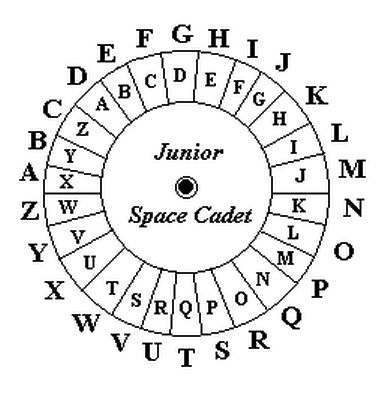 While he sat in the Seminole County jail awaiting his bond hearing, George played his sudden fortune like a Wall Street pro, only he did it in code, assuming the law would never understand a word of it. Well, George, those plastic decoder rings you used to get in cereal and Cracker Jack boxes as a kid were invented a long, long time ago, before Dick Tracy, and it doesn’t take much of a brainiac to figure out that $135 = $135,000 in code-speak. Duh. It’s stuff like this that truly makes me wonder if George actually thinks of himself as some sort of comic book superhero who’s above the law. It’s not Superman… it’s… it’s Zimmerman!
While he sat in the Seminole County jail awaiting his bond hearing, George played his sudden fortune like a Wall Street pro, only he did it in code, assuming the law would never understand a word of it. Well, George, those plastic decoder rings you used to get in cereal and Cracker Jack boxes as a kid were invented a long, long time ago, before Dick Tracy, and it doesn’t take much of a brainiac to figure out that $135 = $135,000 in code-speak. Duh. It’s stuff like this that truly makes me wonder if George actually thinks of himself as some sort of comic book superhero who’s above the law. It’s not Superman… it’s… it’s Zimmerman!
Despite George’s immature attempt at deception, I’m going to go out on a limb and take a stab at how the judge will respond to a second bond motion filed by the defense requesting his release. Sure, it will be granted, but the judge is out of town this week, so George will have to sit and stew for awhile. God knows, he earned it. Of course, when the hearing is eventually held, he will kiss a good chunk that money in limbo good bye. Bond should be set to the tune of $1,000,000 if you ask me, which, when decoded, translates into a $100,000 down payment; still a mere pittance to a guy like him and his loyal minions, but a huge slice of the pie when it comes to the not so small matter of mounting legal fees.
[Since this writing, the defense team has decided against filing a new motion for a bond hearing at this time. See: Update For Motion On Bond]
Until the hearing comes, George and his defense team will need to do some serious head banging. He profoundly impacted his credibility with the judge. To those who disagree, listen to O’Mara’s own words. “There is a credibility question that now needs to be rehabilitated by explaining in a way what they were thinking, when they did what they did, and we’ll address it… I think that explanation or apology, if it is, should go directly to the person who deserves it. In this case, that is Judge Lester.” (See: George Zimmerman returns to Seminole County Jail)
Take a look, too, at what the Orlando Sentinel put together from their own reporting and research. This is something a jury will not ignore.
Zimmerman’s untrue statements
- The night he shot Trayvon Martin to death, police say Zimmerman told them his record was squeaky-clean. In fact, he had been charged in 2005 with resisting arrest without violence during an altercation with a state alcohol officer. Zimmerman wound up in a pretrial-diversion program, a scaled-down version of probation offered to nonviolent first-time offenders.
- When he was booked into the Seminole County Jail on April 23, he told the booking officer that he never had been in a pretrial-diversion program before, documents show.
- At his April 20 bond hearing, while making a surprise apology to Trayvon’s family, Zimmerman said he didn’t realize Trayvon was so young. In his call to police moments before the shooting, however, he described Trayvon — who was 17 — as in his “late teens.”
These things, plus the money deception, will not bode well for the defense. The judge will give George an opportunity to explain himself, but what does O’Mara think? “My understanding was that Judge Lester seemed to indicate that he wanted testimony. That is a very complex decision to make about what effect that would have, not only at the hearing itself, but any future testimony, so we haven’t made that decision yet.”
I don’t think I’m even close to going out on a limb when I say that George can kiss the old stand your ground defense good bye. Since it will be Judge Lester’s decision to make, wasn’t it really stupid of George to lie to him, of all people? Wasn’t that a blatant lack of common sense and honesty? Or was it stupidity? Couldn’t the night of February 26 have been the same thing? A blatant lack of common sense and honesty?
Because I am so sure this case will go to trial unless a plea deal is made — which I strongly doubt, George is going to have to do something to regain his credibility, but I don’t know what. His defense team is doing its best at damage control, but how much good will it do?
From the George Zimmerman Legal Defense Website, Details Regarding The Request For A Second Bond Hearing For George Zimmerman:
(Edited for content)
While Mr. Zimmerman acknowledges that he allowed his financial situation to be misstated in court, the defense will emphasize that in all other regards, Mr. Zimmerman has been forthright and cooperative. He gave several voluntary statements to the police, re-enacted the events for them, gave voice exemplars for comparison and stayed in ongoing contact with the Department of Law Enforcement during his initial stage of being in hiding. He has twice surrendered himself to law enforcement when asked to do so, and this should demonstrate that Mr. Zimmerman is not a flight risk. He has also complied with all conditions of his release, including curfew, keeping in touch with his supervising officers, and maintaining his GPS monitoring, without violation.
Why did George stay “in ongoing contact with the Department of Law Enforcement” when he first went into hiding? Because he thought of himself as one of them? A cop’s cop? Among his peers? The first thing a defense attorney worth his weight in salt would say to a new client is to shut up. That’s why this statement is meaningless. Of course it was his initial contact because, on advice of counsel, he stopped talking after that.
He has twice surrendered himself to law enforcement when asked to do so, and this should demonstrate that Mr. Zimmerman is not a flight risk. He has also complied with all conditions of his release, including curfew, keeping in touch with his supervising officers, and maintaining his GPS monitoring, without violation.
This, too, goes without saying. Isn’t that a given? This is what he was supposed to do, and most people comply with the law. Besides, once the cash was out of his hands, where was he supposed to hide? With what? Once the defense learned of the money, it was transferred into a trust fund where George couldn’t touch it. Neither could his wife.
The audio recordings of Mr. Zimmerman’s phone conversations while in jail make it clear that Mr. Zimmerman knew a significant sum had been raised by his original fundraising website. We feel the failure to disclose these funds was caused by fear, mistrust, and confusion. The gravity of this mistake has been distinctly illustrated, and Mr. Zimmerman understands that this mistake has undermined his credibility, which he will have to work to repair.
“We feel the failure to disclose these funds was caused by fear, mistrust, and confusion.” This is damage control at its finest. This is why exemplary defense counsel deserves to make the big bucks, and I’ve got to hand it to Mr. O’Mara, who I totally respect and admire. That sentence says it all, but it’s a classic contortion of relativity and relevance. It’s pointing the finger one way while speaking in another direction. Why? While focusing on George’s innate fear, mistrust and confusion, which we can all relate to, its actual intent is to confuse us and take the heat off him.
If George was really fearful, mistrusting and confused, why did he lie to the court? If he did nothing wrong, what was he fearful of there, of all places? The court was the first place he should have trusted. After all, the truth shall set him free. Right?
Bond, Revoke Bond
 Friday, June 29, 2012 at 1:29AM
Friday, June 29, 2012 at 1:29AM 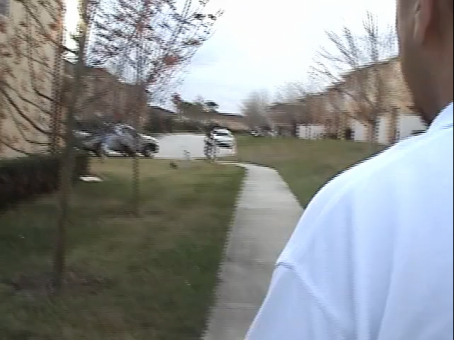
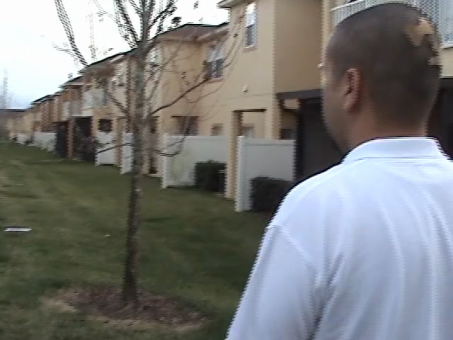
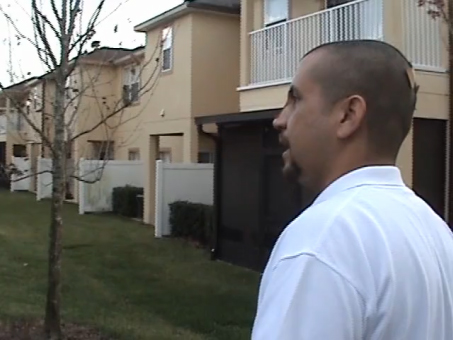
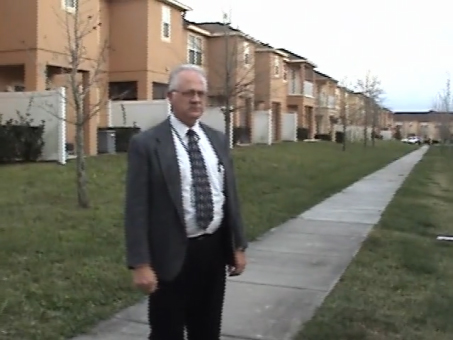
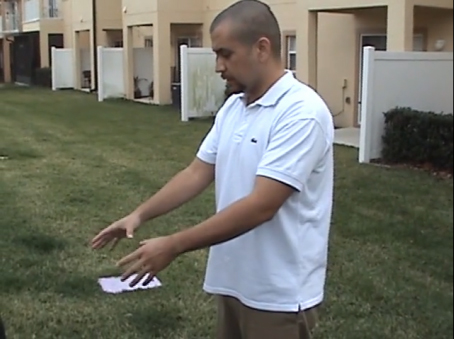
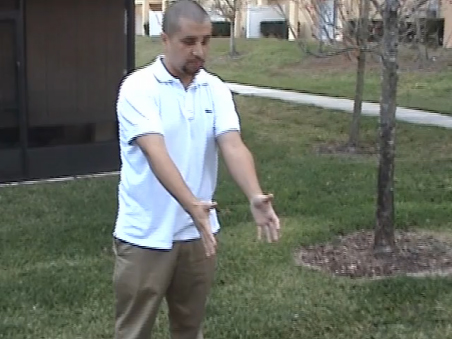
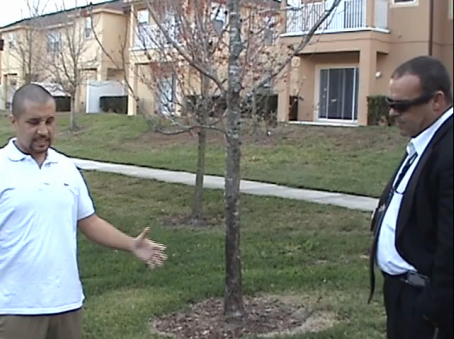
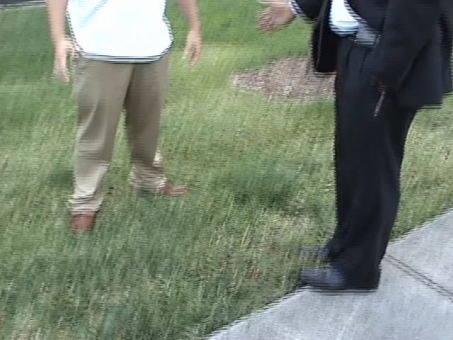
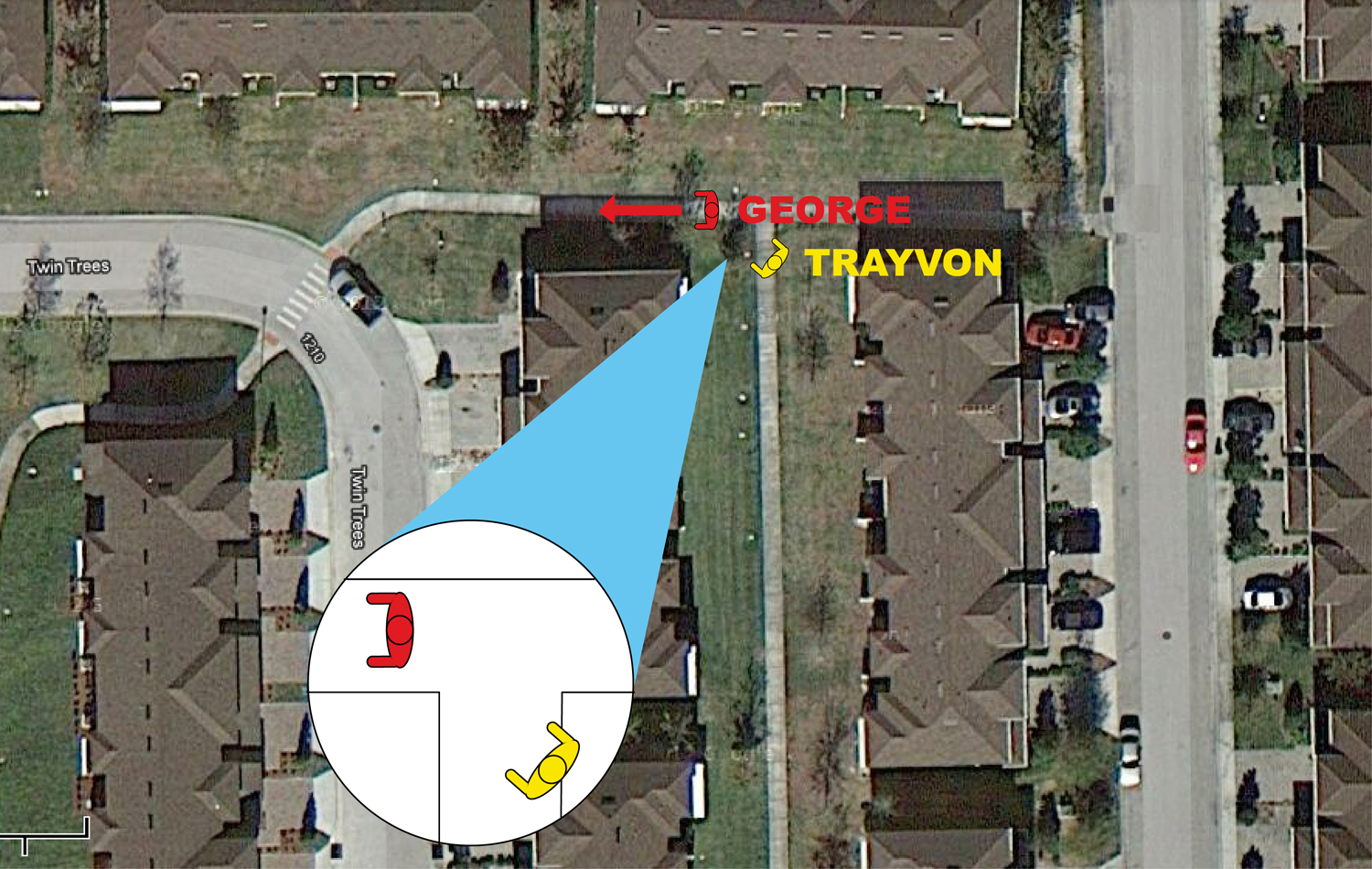
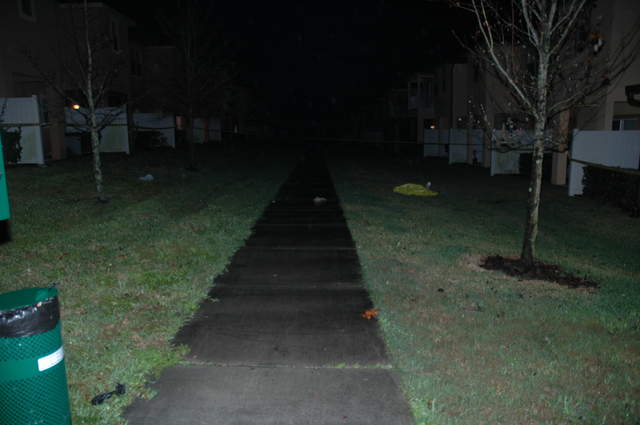
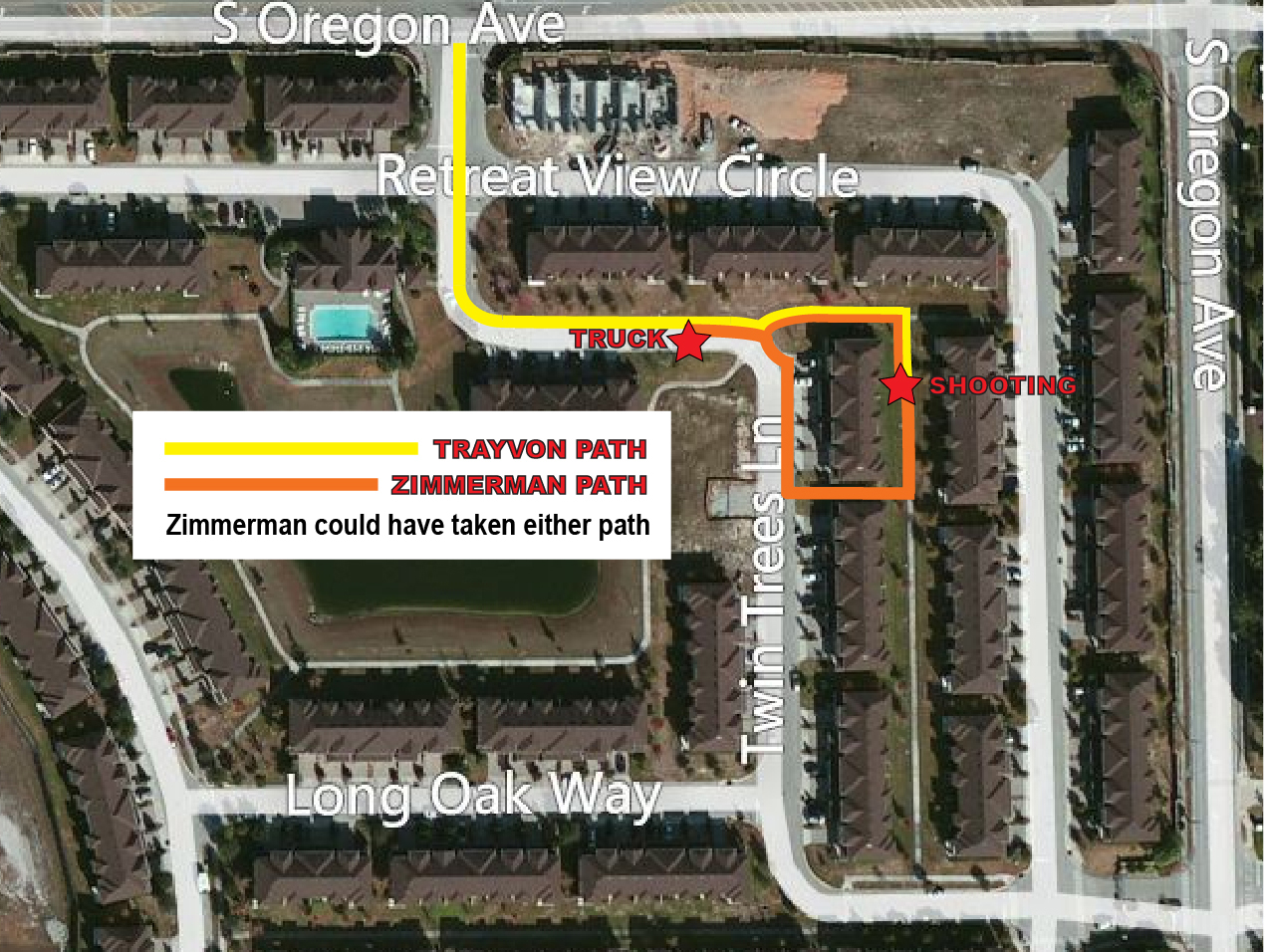
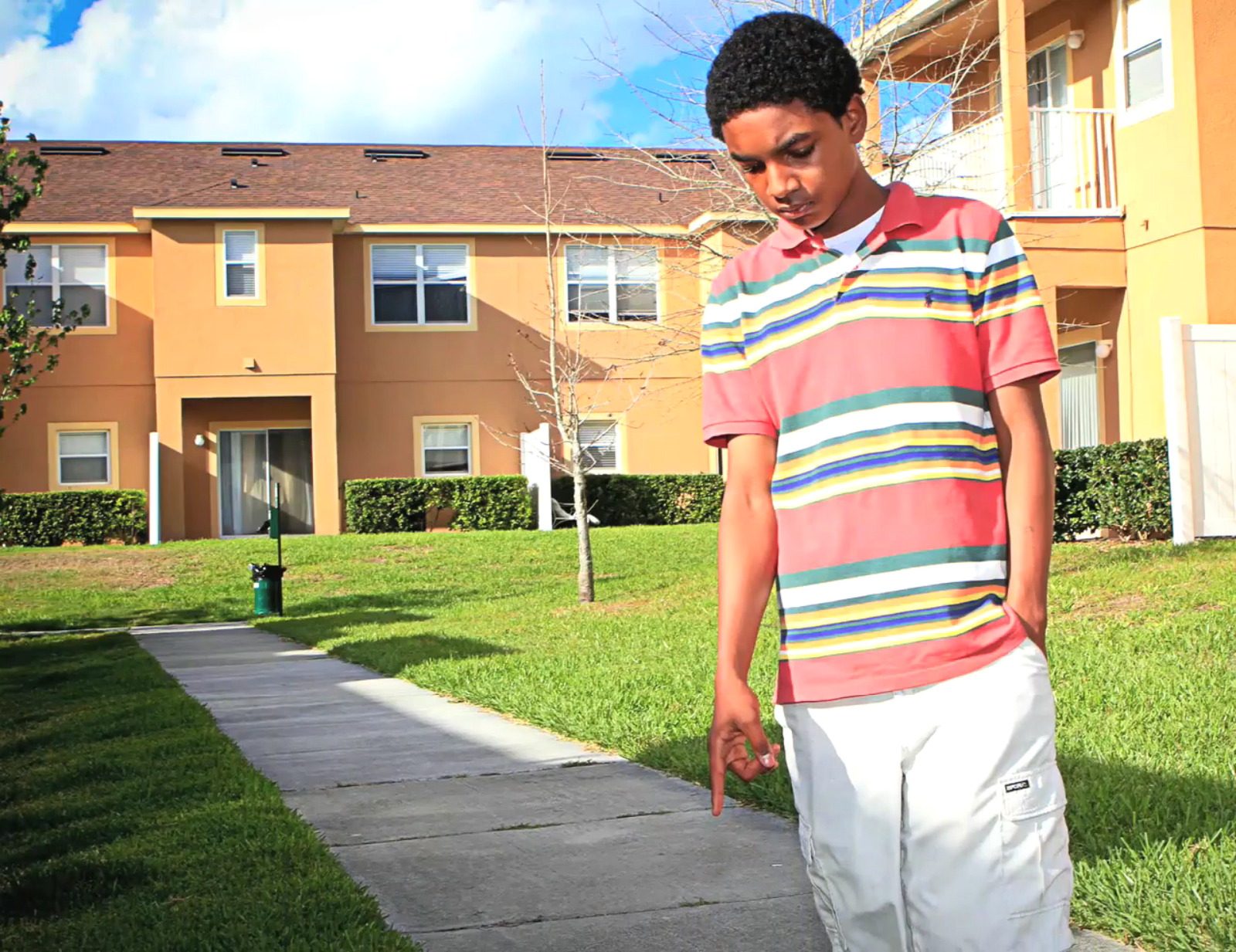
 Dave Knechel | in
Dave Knechel | in  Angela Corey,
Angela Corey,  Benjamin Crump,
Benjamin Crump,  Bernie De la Rionda,
Bernie De la Rionda,  Dave Knechel,
Dave Knechel,  David B. Knechel,
David B. Knechel,  David Knechel,
David Knechel,  Judge Kenneth R. Lester, Jr.,
Judge Kenneth R. Lester, Jr.,  Marinade Dave,
Marinade Dave,  Marinade Dave Knechel,
Marinade Dave Knechel,  Mark O'Mara,
Mark O'Mara,  Neighborhood Watch,
Neighborhood Watch,  Sanford Police Department,
Sanford Police Department,  Seminole County,
Seminole County,  Slimm v. Zimm,
Slimm v. Zimm,  Stand Your Ground,
Stand Your Ground,  State Attorney Angela Corey,
State Attorney Angela Corey,  Trayvon Martin,
Trayvon Martin,  Zimm v. Slimm,
Zimm v. Slimm,  marinadedave | |
marinadedave | |  2 References
2 References 
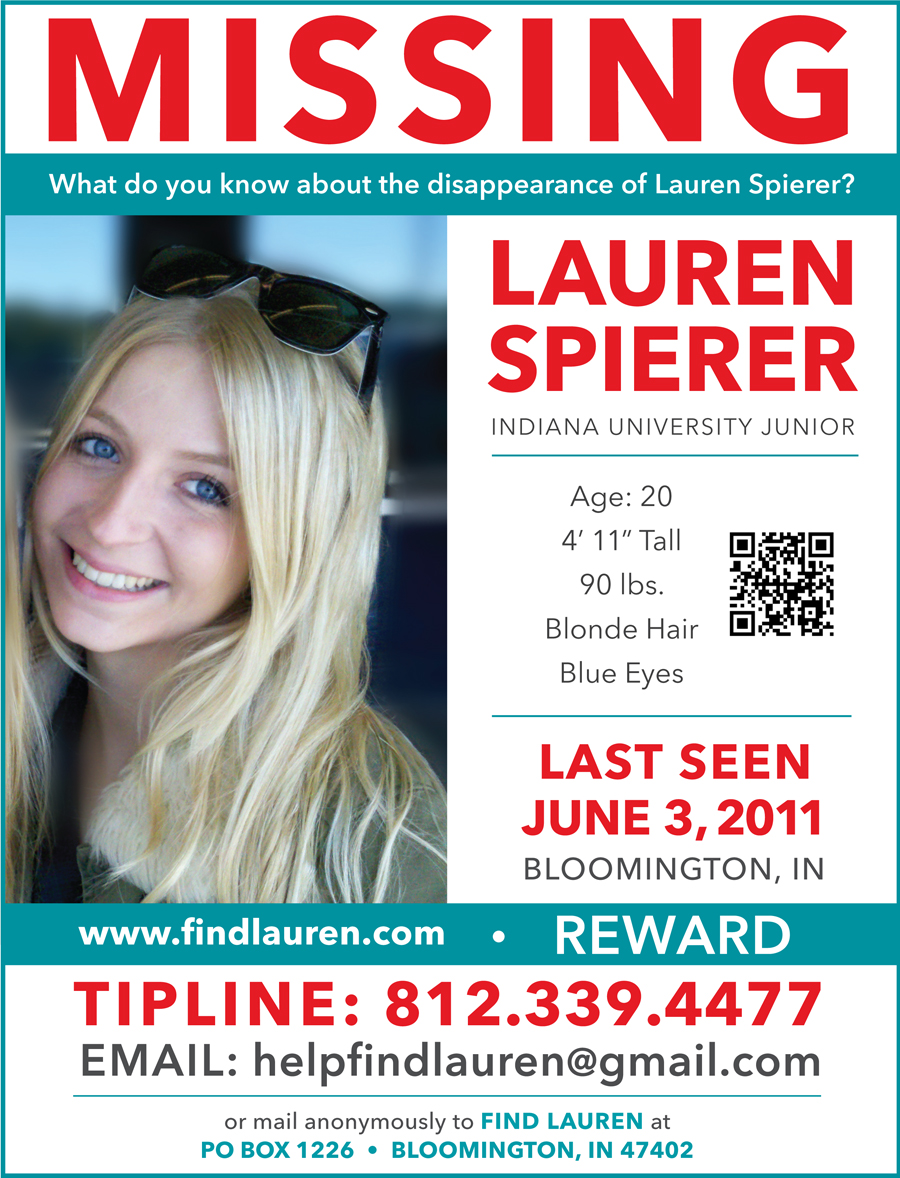

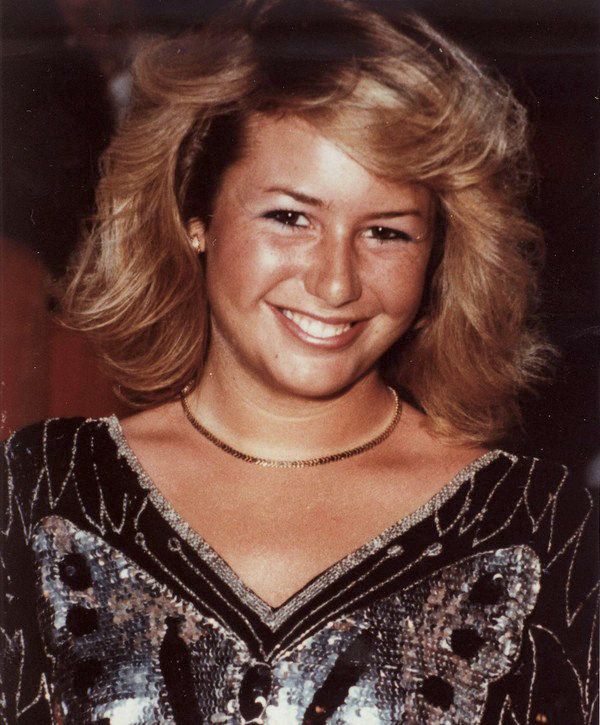

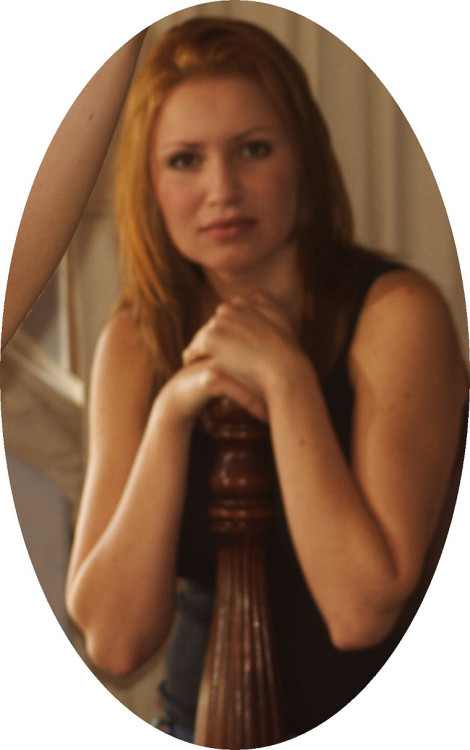
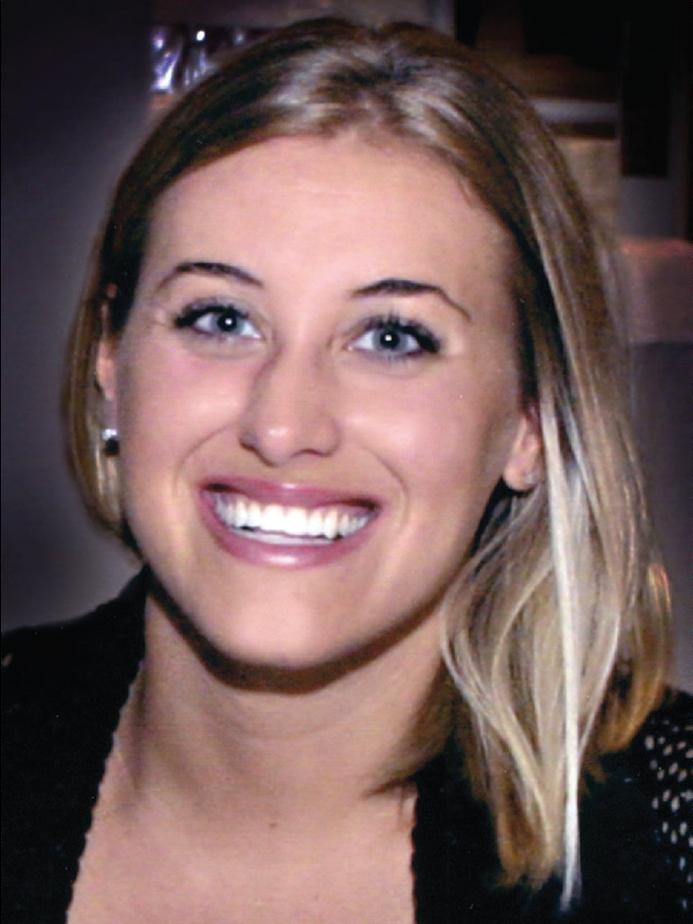






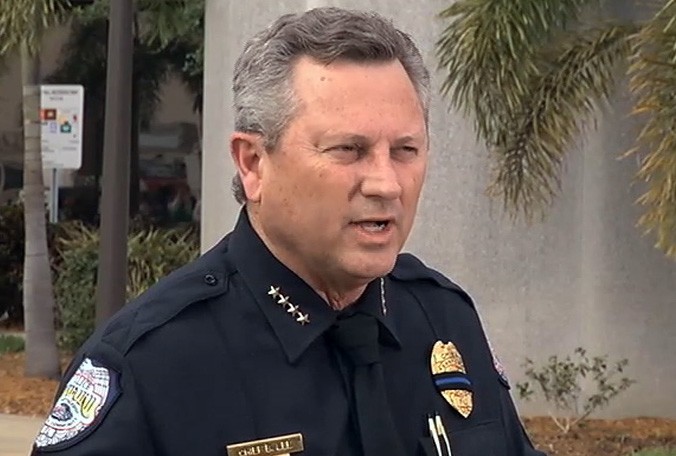
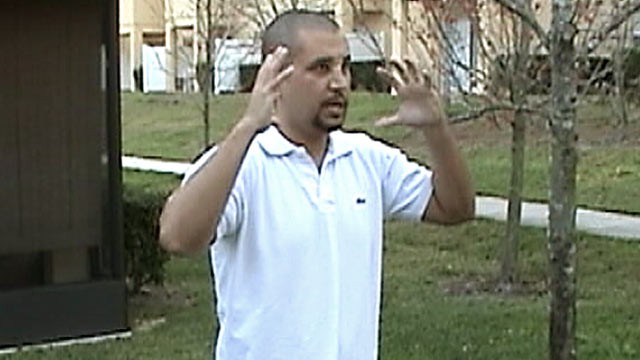
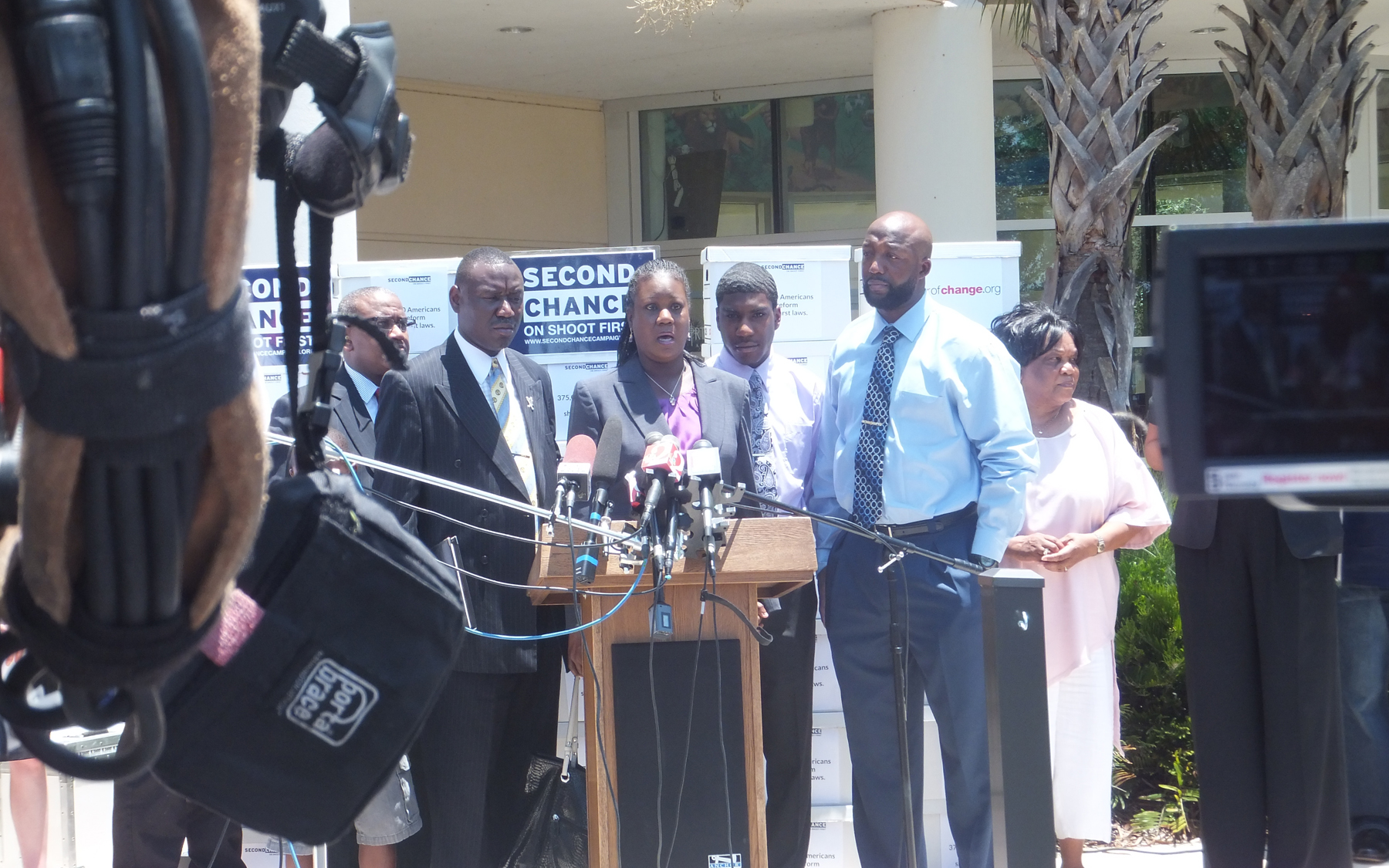






 LEGAL NOTICE
©David B. Knechel. All Rights Reserved. No portion of this site can be reproduced in it's entirety or in part without expressed written permission by the owner/administrator of this site in accordance with the Digital Millennium Copyright Act. Section 512(c)(3) of the U.S. Copyright Act, 17 U.S.C. §512(c)(3). The charges against defendants are mere accusations and the subjects are presumed innocent until found guilty in a court of law.
LEGAL NOTICE
©David B. Knechel. All Rights Reserved. No portion of this site can be reproduced in it's entirety or in part without expressed written permission by the owner/administrator of this site in accordance with the Digital Millennium Copyright Act. Section 512(c)(3) of the U.S. Copyright Act, 17 U.S.C. §512(c)(3). The charges against defendants are mere accusations and the subjects are presumed innocent until found guilty in a court of law.